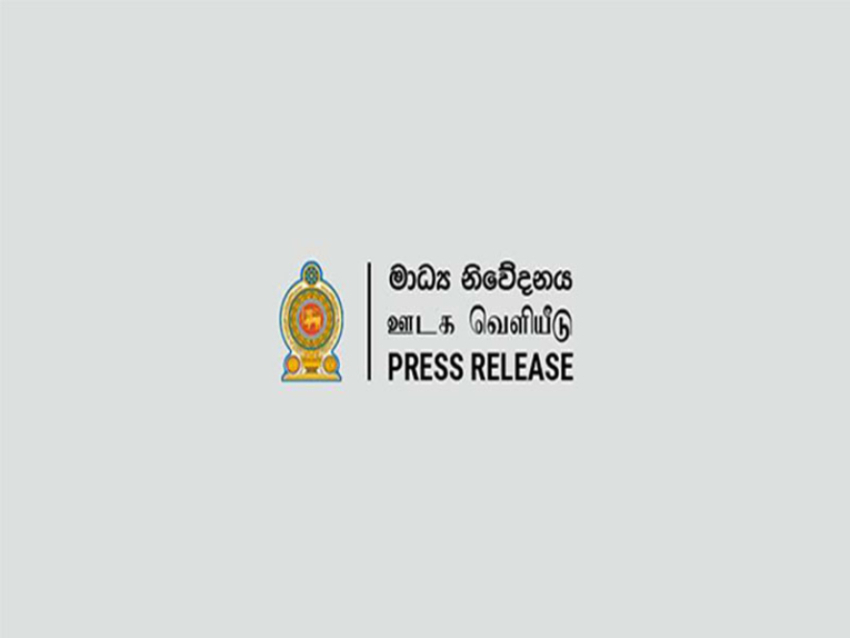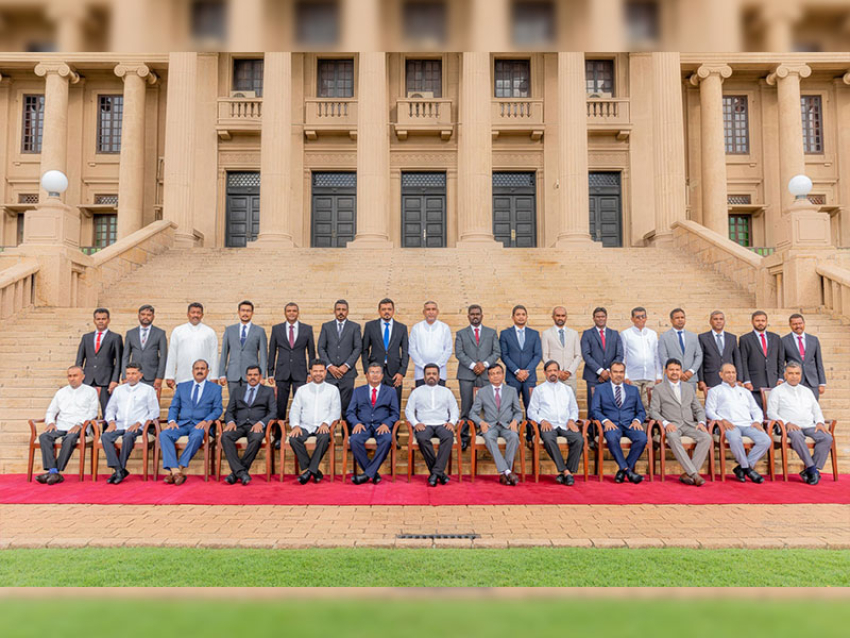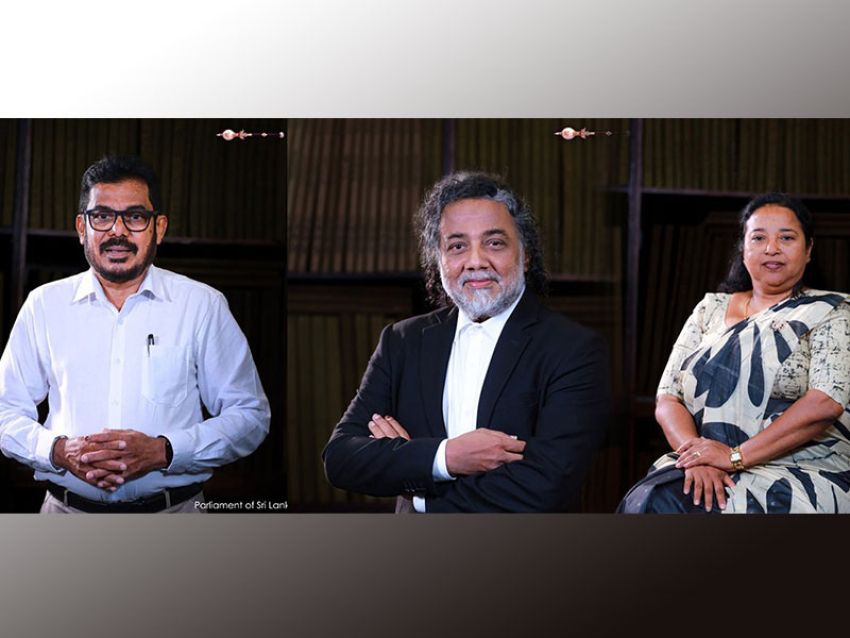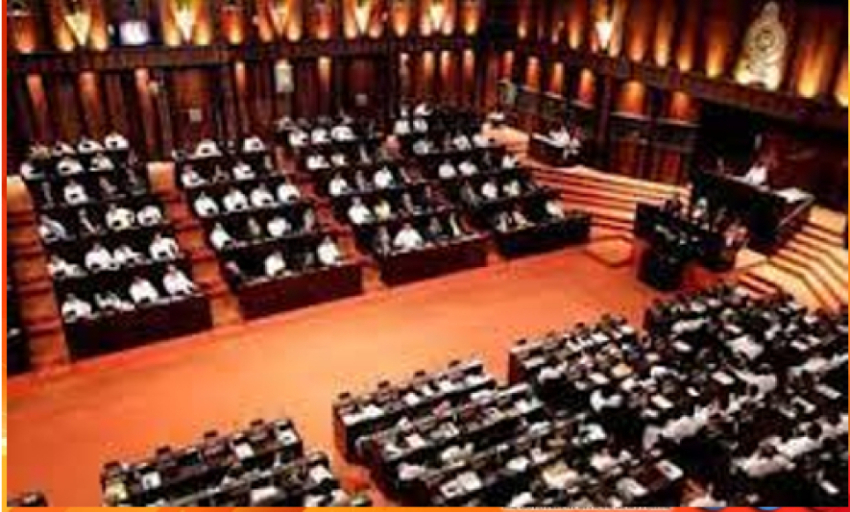The National Anti-Corruption Framework includes several key actions, such as the full implementation of the anti-corruption legislation passed in 2023, the development of an effective action plan, regular progress reviews every six months, and ensuring adequate budget provisions for the action plan. Additionally, the framework calls for the creation of a clear national anti-corruption strategy for the period 2025-2029.
The framework also proposes amending the National Audit Act (No. 19 of 2018) to expand the legal authority of the Auditor General. This includes provisions for presenting full reports on investigative audits to Parliament and allowing the Auditor General to authorize criminal investigations into fraud and corruption revealed through such audits. Furthermore, the framework empowers the Auditor General to hold accountable, senior officials to levy surcharge, including those responsible for financial management, for failing to meet oversight and accountability standards.
The National Anti-Corruption Framework suggests setting up a robust system for asset disclosure and conflict-of-interest management. It includes implementing regulations related to conflict-of-interest rules and asset disclosure procedures as outlined in the anti-corruption legislation. This framework will define what constitutes a conflict of interest, mandate public disclosure, provide guidelines for managing conflicts of interest, enforce penalties for officials who fail to comply, and require reporting on relevant performance.
Additionally, it provides for the creation of a dedicated website for senior public officials to disclose their assets, in accordance with the anti-corruption law. The framework also mandates semi-annual and annual progress reviews of these processes.
The framework further proposes the development of a national strategy and policies for the recovery of assets obtained through crime and money laundering. This includes providing necessary support for the effective functioning of the newly empowered Commission to Investigate Allegations of Bribery or Corruption (CIABOC), ensuring proper handling of investigations and prosecutions, and addressing the identification of Politically Exposed Persons (PEPs).
The National Anti-Corruption Agenda aims to significantly enhance investigations and prosecutions related to corruption cases. It outlines plans to develop regulations supporting transparency in company ownership by establishing a comprehensive beneficial ownership register. To promote transparency in public procurement, the agenda calls for the implementation of a public procurement law that aligns with international standards and requires the publication of information on procurement contracts exceeding one billion rupees.
Additional measures include publicizing tax exemptions for all companies and temporarily suspending the Strategic Development Project Act until a proper process for evaluating investment promotion conditions and proposals is developed. The agenda also emphasizes the reform of public enterprises to ensure the creation of trained and independent staff, alongside implementing short-term anti-corruption measures by the Department of Government Revenue.
Further reforms involve establishing new management functions for the Employee Provident Fund, removing its direct management by the Central Bank of Sri Lanka. It also focuses on strengthening corporate controls in government-owned banks by improving the selection process for executive and board members, and enforcing standards for the Judicial Service Commission. Additionally, the agenda includes provisions to enhance the right to information, ensuring greater transparency and accountability.
The agenda also incorporates recommendations from the International Monetary Fund’s second review of the Extended Fund Facility, published on May 29, 2024, to strengthen the country’s anti-corruption framework. It suggests implementing measures to enhance the effectiveness of current anti-corruption efforts by focusing on several key areas. These include providing support for the Commission to Investigate Allegations of Bribery or Corruption (CIABOC), improving state revenue management, strengthening financial oversight and management of state assets, and preventing money laundering and the financing of terrorism.




















